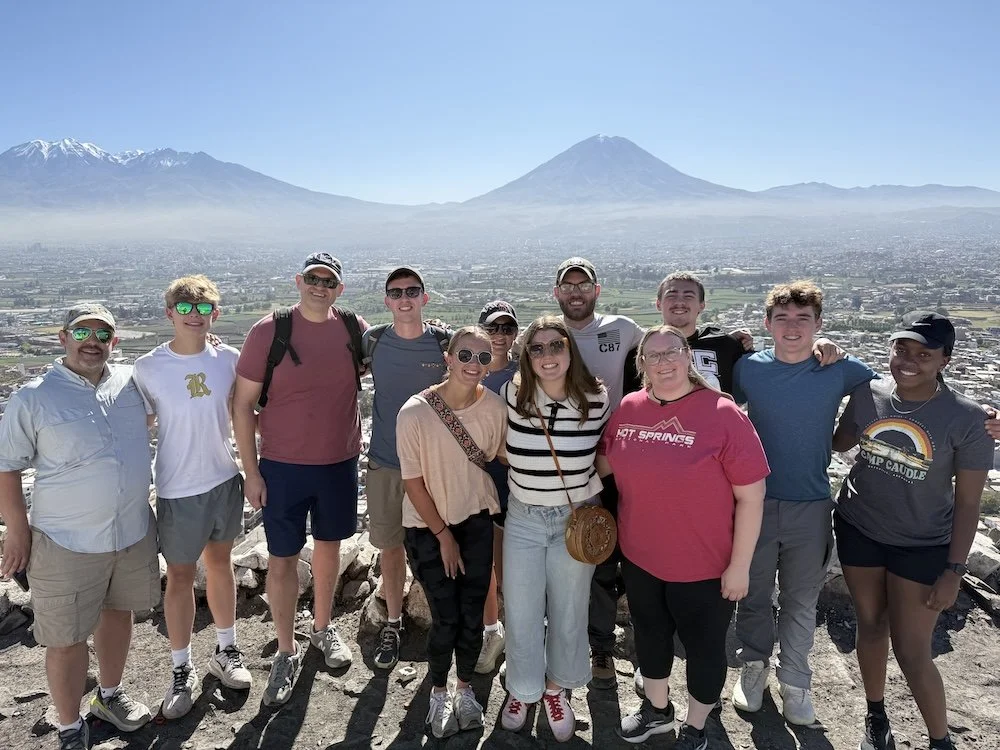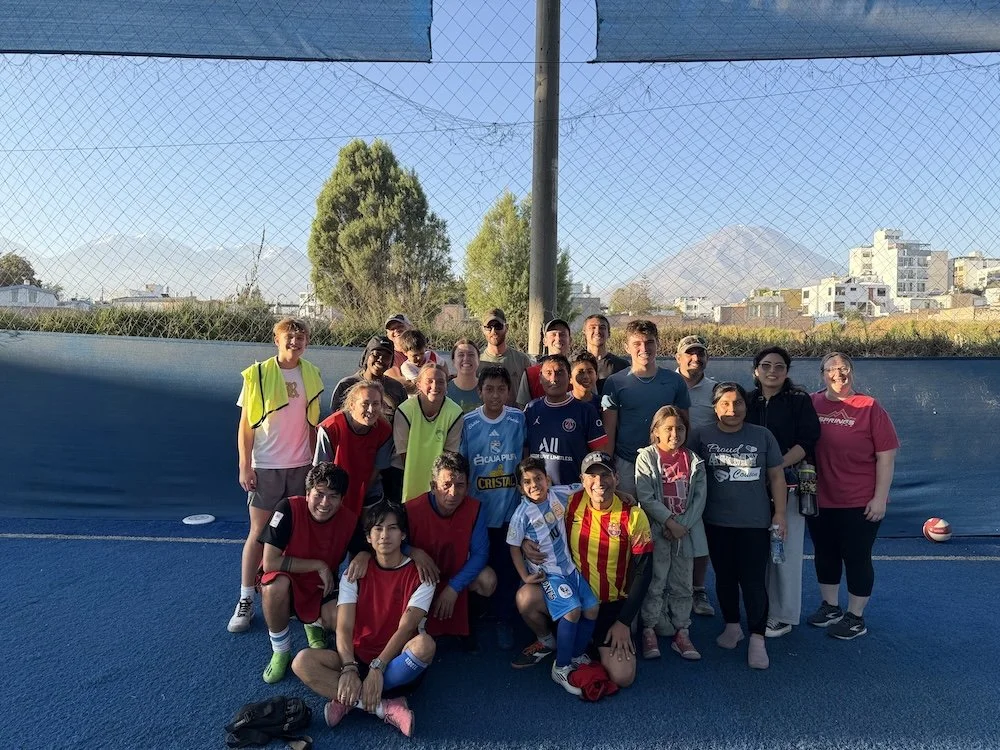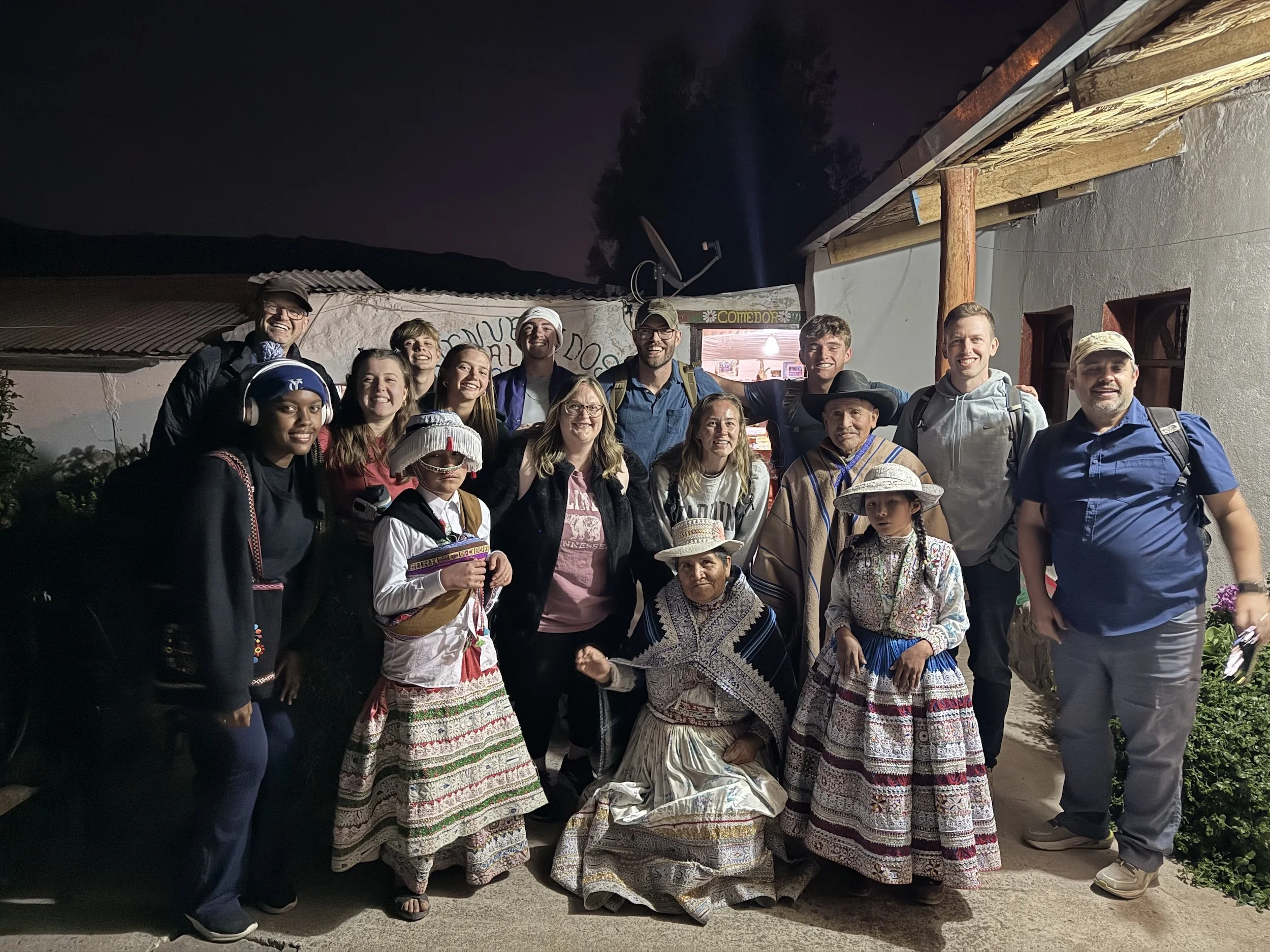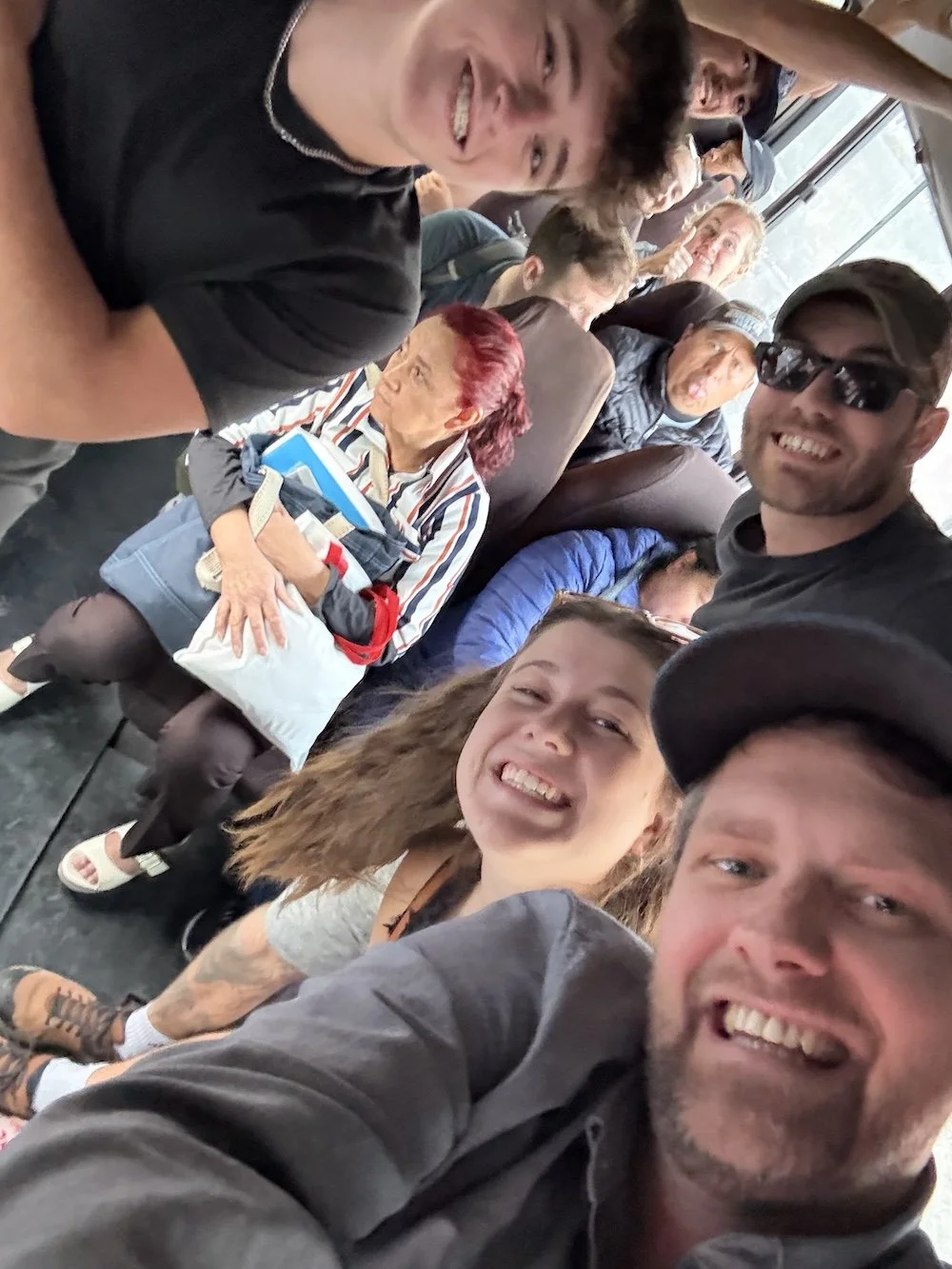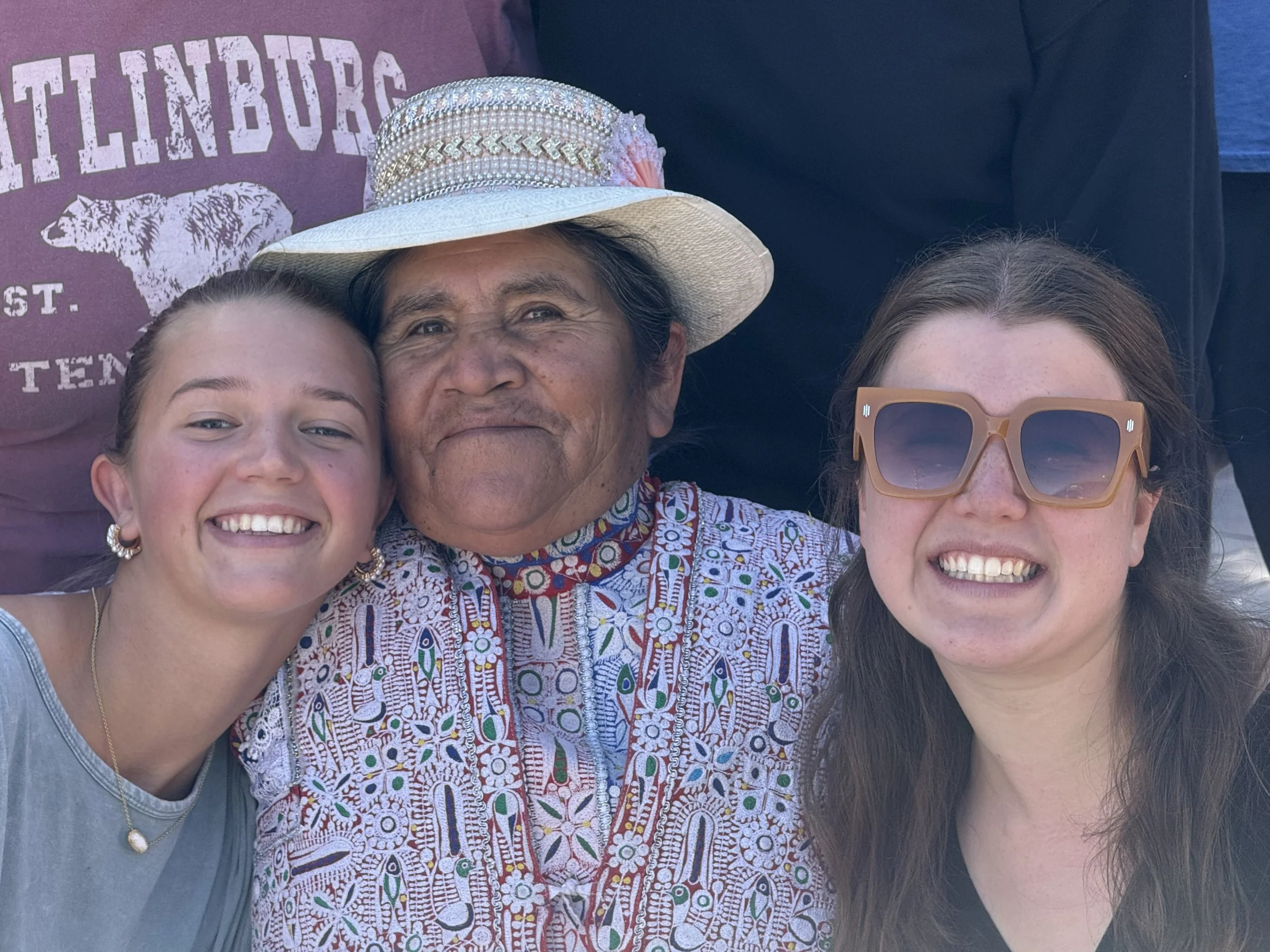We hosted a group from the Central church in Little Rock for an action-packed 5 days of learning and participation. We called it a “mini-internship in cross-cultural ministry.” For a number of reasons, we don’t host short-term missions, but when a couple friends at Central reached out about a dedicated learning trip, we were happy to craft an engaging (and exhausting) itinerary.
I believe that God’s Spirit works in formative ways at the intersection of travel and reflection. Interacting with people who are different than you can teach us so much about God, the world, and ourselves. That’s true in your hometown and it’s true when you travel. The gift of travel is that the ludicrous act of hurtling through the air in a tin can and dropping into a different part of the world heightens our awareness of difference. And in that space the Spirit works.
I asked the group to share some of their big picture takeaways after five days in Arequipa and the Colca Valley, and here are a few responses.
Abbie:
It was such a joy and privilege to spend a week in Arequipa with our Central Church group and the Daggett family. We had a lot of opportunity to intentionally roam through the city, learning not just the physical landscape, but also some of the historical, spiritual, and very human landscape of the city. It was fascinating - from church around a table, language, food, museums, landmarks, homes, and even public transportation - we saw such fascinating snapshots of life in Arequipa. And we saw evidence of God’s mission sprouting up in the most unexpected ways. Being able to see a city through such open eyes made me want to come home and look around with just as wide and searching of a gaze. As Jeremy mentioned to our group, when asked why he was in Arequipa, he would say to “look for God” and after returning home to Arkansas, I also want to look for God and to join in on His radical mission for our own city.
Josiah:
I learned many things on my trip to Peru. I learned how to navigate through a busy airport. I learned how to communicate with people who don’t speak my language. I learned to see how God is working through everyday people in a different part of the world. I also learned how to appreciate acts of kindness from strangers. Overall, I grew closer to God by spending an extended amount of time dedicated to thinking consciously about his presence and activity, specifically in a foreign country.
Ashtin:
During our experience in Peru, I realized an unexpected depth of religious expression than is typically seen in the U.S. We saw visible signs of faith through practices, symbols, and daily routines. While we often assume that the U.S. is "more religious" due to our freedom of religion and acceptance of multiple denominations, Peruvians seem to display a more open and integrated faith in everyday life. There are tokens of religious expression seen in many public spaces, such as cars, buses, taxis, school classrooms, and in the marketplace. Even items they may wear or sayings they have point to this. Although not all Peruvians may be deeply devout or may only practice more nominally, their willingness to express belief openly stands in contrast to what we often witness in the U.S. They aren't ashamed to discuss their faith or to engage others about theirs. There is a beauty and sincerity in the Peruvian culture that seems to at least understand their need for God in some way. This doesn't mean that they don't struggle with sin, poverty, corruption, racism, medical disparities etc. They too survive in a broken world. However, it's clearly evident that across borders and oceans, hope is a universal language.
David:
Central's mini-internship in Arequipa was both mentally and physically challenging (in a good way), with lots of opportunities for growth. Trips like this are not only impactful for the people on the trip, but help strengthen relationships between missionary and supporting church as the stories and lessons learned are shared back home. I loved being part of a diverse group that was processing what we saw from different walks of life. We had teens and elders, seasoned travelers and first time flyers, fluent Spanish speakers and complete beginners, and yet everyone had valuable input and meaningful questions. I saw how learning thrives in this kind of environment—and how that same beautiful diversity was reflected in the house church we were part of in Arequipa.
The best supporting churches are thinking global while at the same time actively engaging their mission at home. We are deeply thankful for the Central family and their support. They represent a group of Jesus-followers committed in the long-term to what’s going on here in Arequipa, even as they ask stark questions about what God is doing in their midst and take steps to join in. Now there are twelve more members who can put faces with names as they pray for our people here, even as they are sharing faith and love with people there.
